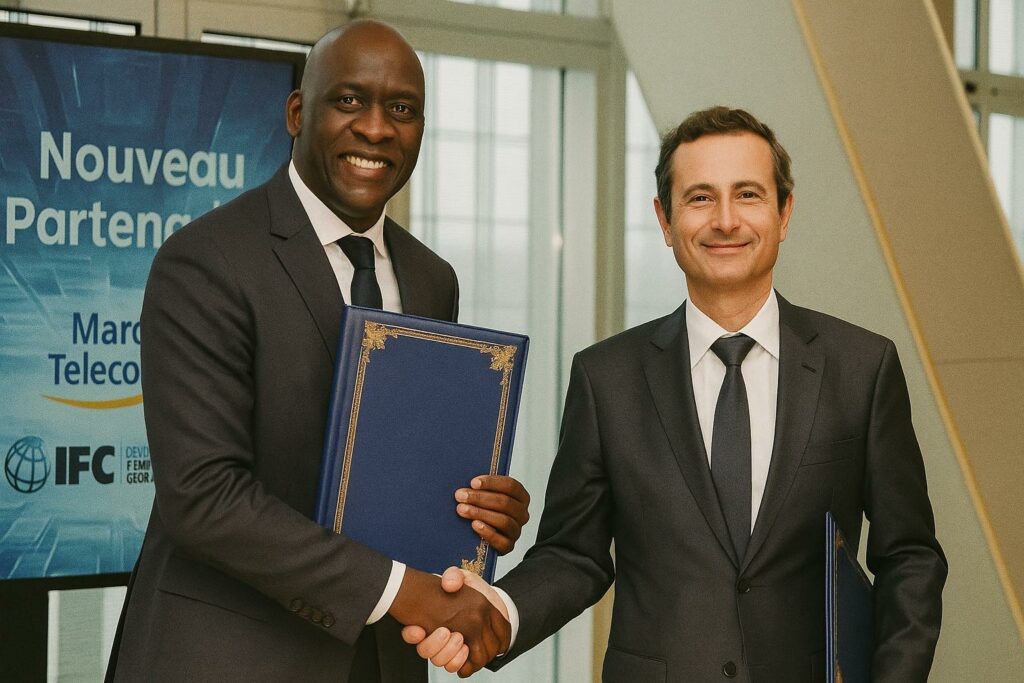A Strategic Investment in African Digital Infrastructure
The International Finance Corporation (IFC) has committed a substantial €370 million in loans to Maroc Telecom, aimed at fortifying the telecommunications landscape in Chad and Mali. This investment aligns with the broader strategic objectives of enhancing mobile connectivity and proliferating high-quality mobile internet across the African continent. The funds will notably facilitate the deployment of advanced 4G services, aiming to introduce faster, more reliable internet access to burgeoning populations and businesses.
Enhancing Connectivity: A Priority for Maroc Telecom
With over two decades of operational experience in sub-Saharan Africa, Maroc Telecom remains committed to expanding its telecommunications offerings to meet the needs of a rapidly growing young demographic. Speaking on this strategic development, Mohamed Benchaaboun, CEO of Maroc Telecom, emphasized the company’s focus on mobile data as a crucial element in bridging the digital divide. The introduction of 4G services promises to significantly enhance internet accessibility, which is vital in maintaining regional competitiveness in the digital age.
Cross-Border Investments: A Catalyst for Socio-Economic Growth
Makhtar Diop, Managing Director of the IFC, highlighted the organization’s strategic priority to support cross-border investments via regional champions such as Maroc Telecom. This initiative is particularly pivotal in fragile, conflict-affected areas where economic development can lay the groundwork for political and social stability. By leveraging private capital to expand digital infrastructure, the IFC is not only unlocking opportunities for innovation but also promoting skills development and job creation, which are vital for long-term sustainable growth in Africa.
The Road to Financial Inclusion
Beyond basic connectivity, the IFC’s financial support aims to broaden Maroc Telecom’s service portfolio to include innovations such as Mobile Money, crucial for advancing financial inclusion. This development is poised to foster greater economic participation by providing previously underserved populations with access to banking services, thus supporting national development agendas in Chad and Mali.

